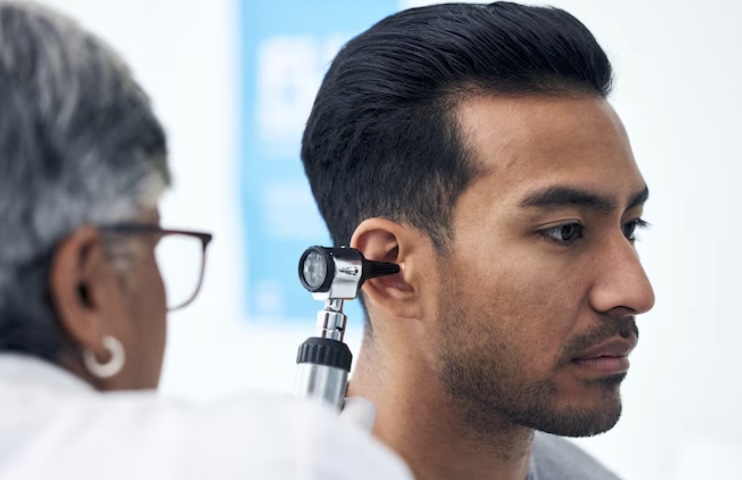In a world that thrives on communication—whether it’s a whispered “I love you,” a classroom lecture, or a video call—our ability to hear and speak clearly plays a crucial role. That’s where audiology and speech therapy come in. These fields are not just for people with profound impairments; they support children, adults, and the elderly in overcoming all kinds of communication challenges.
Let’s dive deep into what these two disciplines are all about, how they work together, and how they help people live fuller, more connected lives.
What is Audiology?

Audiology is the branch of science that studies hearing, balance, and related disorders. Audiologists are healthcare professionals who specialize in diagnosing and treating hearing loss and other auditory issues.
Common Services Provided by Audiologists:
- Hearing evaluations – for newborns to seniors
- Hearing aid fitting and tuning
- Tinnitus (ringing in ears) management
- Balance and dizziness assessments
- Auditory processing disorder diagnosis
Audiologists use advanced equipment and behavioral tests to understand the root of hearing problems. Whether it’s due to age, noise exposure, genetics, or illness, audiologists can guide patients toward effective treatment.
What is Speech Therapy?
Speech therapy (also known as speech-language pathology) focuses on improving a person’s ability to communicate effectively. Speech-language pathologists (SLPs) work with individuals who have trouble speaking, understanding language, or using their voice properly.
Key Areas of Speech Therapy:
- Speech sound disorders – difficulty pronouncing sounds clearly
- Language delays or disorders – challenges understanding or forming sentences
- Stuttering and fluency issues
- Voice disorders – such as hoarseness or vocal strain
- Swallowing difficulties (dysphagia)
SLPs create tailored treatment plans based on each person’s age, condition, and goals. Therapy may involve exercises, games, technology, and even at-home activities.
When Do You Need Audiology or Speech Therapy?
Here are some signs that might indicate the need for professional help:
For Audiology:
- Struggling to hear conversations clearly
- Turning the TV volume too high
- Frequently asking people to repeat themselves
- Experiencing ringing or buzzing in the ears
- Feeling dizzy or off-balance
For Speech Therapy:
- Child not speaking as expected for their age
- Difficulty understanding or following directions
- Trouble forming words or sentences
- Speaking with a hoarse or nasal voice
- Slurred speech after an injury or stroke
Early diagnosis and intervention often lead to better outcomes, especially in children. Don’t wait for the problem to “go away on its own”—it’s always better to be proactive.
How the Two Fields Work Together
Audiologists and speech-language pathologists often work side-by-side, especially in hospitals, rehabilitation centers, and schools. For instance, a child with hearing loss might first visit an audiologist for testing, and then work with a speech therapist to develop their speech and language skills.
This collaborative approach ensures that every aspect of a communication issue is addressed, from the mechanics of hearing to the articulation of words.
The Impact on Quality of Life
Whether it’s a toddler saying their first word, a senior regaining the ability to engage in conversations, or a professional overcoming a voice disorder, the results of audiology and speech therapy can be life-changing.
- Boosted confidence
- Improved social interaction
- Better academic and career opportunities
- Enhanced emotional well-being
Audiology and speech therapy aren’t just medical fields—they’re about giving people the tools to connect, express, and be heard. Whether you’re a parent concerned about your child’s speech, an adult dealing with hearing loss, or someone navigating a voice issue, help is out there—and it works.
If you or a loved one is struggling with hearing or speech, don’t hesitate to consult a specialist. The earlier the support, the greater the impact.
